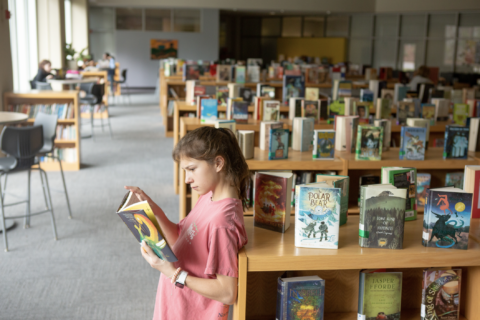3 Truths About ELA Foundational Skills in Grades 3–5
Early Literacy Content Specialist Stephanie Stephens shares what two decades in the field have taught her about foundational skills learning and what students need to know at the end of fifth grade.
Related Resources
article
Why Students Need ELA Foundational Skills in Grades 3-5
Early Literacy Content Specialist Stephanie Stephens shares why foundational skills learning is critical for decoding and word recognition in Grades 3–5.
article
The Path to Reading Requires Quality Curriculum
EdReports' English language arts team discuss the importance of aligned foundational skills materials in ensuring students learn to read.
article
Foundational Skills Materials: Should I Supplement?
Read more about why EdReports is reviewing supplemental foundational skills materials and what to consider when choosing a program for your local context.


